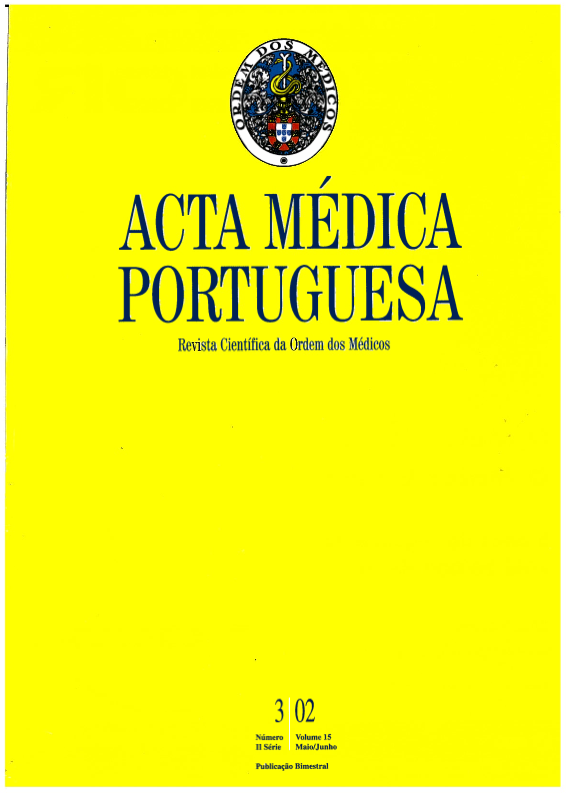Diabetes e gravidez. Passado, presente e futuro.
DOI:
https://doi.org/10.20344/amp.1924Resumo
After the discovery of insulin and during almost an half of a century, physicians and researchers apply their efforts in a better knowledge to reduce the perinatal mortality of the offspring of the diabetic mother. The optimisation of glucose control--the main key of the management of diabetic pregnancy--and the new methods of fetal and neonatal surveillance allowed that in the end of XX century the perinatal mortality were close to the general population. Nevertheless the perinatal morbidity is still elevated. Several studies suggest that fetal hyperinsulinism, consequence major of the abnormal intra uterine milieu of the diabetic mother, could be the cause of such morbidity at short and long term. In this paper, gestational diabetes is specially analysed. In spite of a large amount of studies, there is until know no diagnostic test that allows us to identify the pregnant women with a higher risk for a bad outcome namely, macrosomia and their consequences like caesarean section, traumatic delivery and neonatal complications. The ideal test should give that kind of information. Thus some methods of fetal surveillance had been proposed complementary. At this moment the health care professionals that are working in the field of diabetes and pregnancy are waiting for the results of the prospective multicentric study (HAPO study), hoping that a consensus could be reached about such a test.Downloads
Downloads
Como Citar
Edição
Secção
Licença
Todos os artigos publicados na AMP são de acesso aberto e cumprem os requisitos das agências de financiamento ou instituições académicas. Relativamente à utilização por terceiros a AMP rege-se pelos termos da licença Creative Commons ‘Atribuição – Uso Não-Comercial – (CC-BY-NC)’.
É da responsabilidade do autor obter permissão para reproduzir figuras, tabelas, etc., de outras publicações. Após a aceitação de um artigo, os autores serão convidados a preencher uma “Declaração de Responsabilidade Autoral e Partilha de Direitos de Autor “(http://www.actamedicaportuguesa.com/info/AMP-NormasPublicacao.pdf) e a “Declaração de Potenciais Conflitos de Interesse” (http://www.icmje.org/conflicts-of-interest) do ICMJE. Será enviado um e-mail ao autor correspondente, confirmando a receção do manuscrito.
Após a publicação, os autores ficam autorizados a disponibilizar os seus artigos em repositórios das suas instituições de origem, desde que mencionem sempre onde foram publicados e de acordo com a licença Creative Commons









